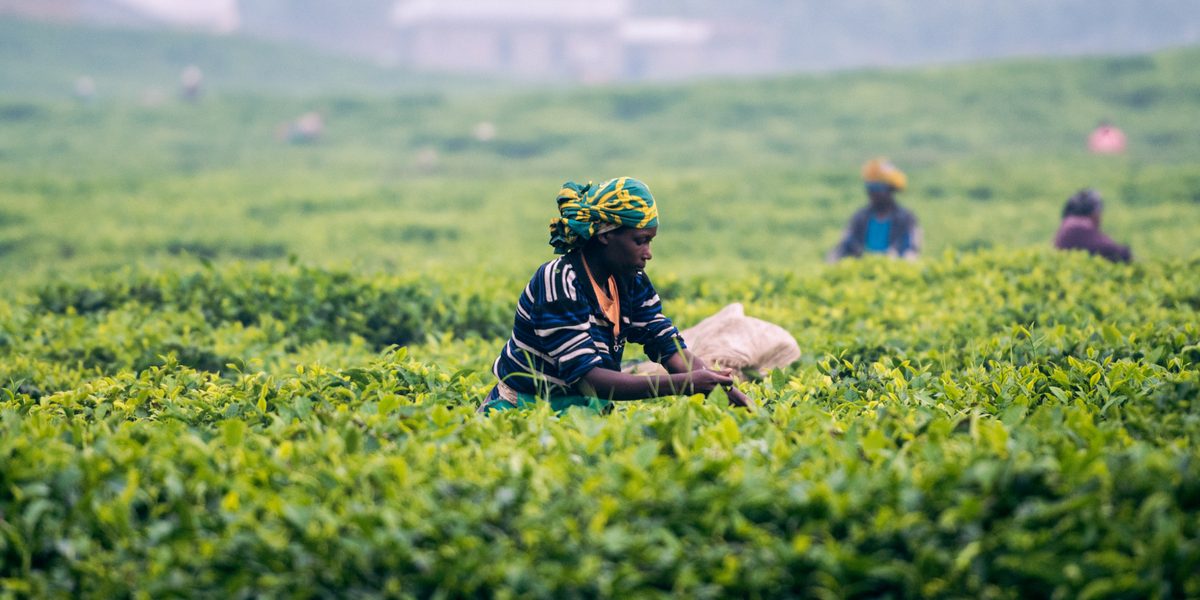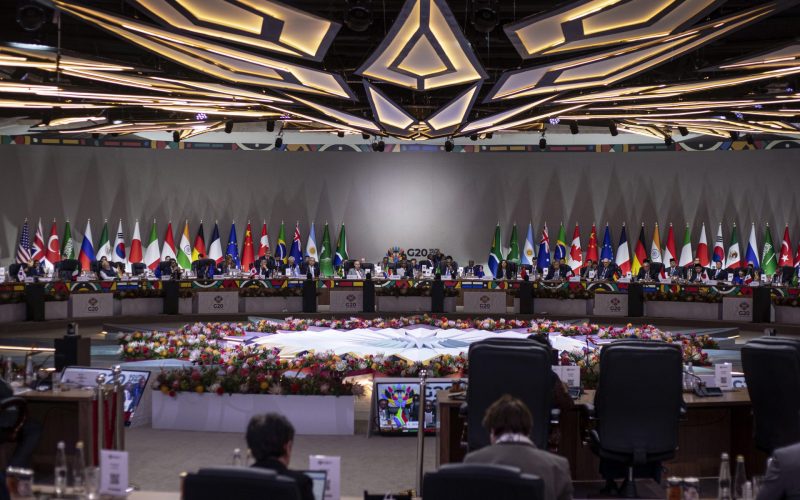One of the focus areas of the first year of assessment was the G-20 food security agenda. Building on increased global concern over food security, the G-20 first addressed global food security at its Pittsburgh summit in 2009. Recognising the need for improved global governance of food security, the G-20 has since prioritised food security through a growing number of commitments to improve global food security and reduce commodity-price volatility. The growing emphasis on food security within the G-20 raises the question of the extent to which the food security commitments of the G-20 align with the interests of the African continent, where the majority of food insecure people reside.
The paper presents the outcomes of the analysis, which finds that not only has there been a growing emphasis on food security within the G-20 but so too has the discourse in relation to African interests increased. The results of the analysis confirm that the G-20 food security agenda broadly aligns with African policy processes and food security interests. It finds, however, that the G-20 food security agenda could be developed into a more effective mechanism for addressing African food security concerns. Preliminary recommendations for increasing the relevance and impact of the G-20 food security agenda for Africa include that G-20 countries advance regulatory reforms called for in the G-20 processes and back calls for greater investment in African agriculture with a real commitment of funds; that recommendations on issues such as biofuels policies reforms be implemented; and that restrictive agricultural trade practices be addressed.








